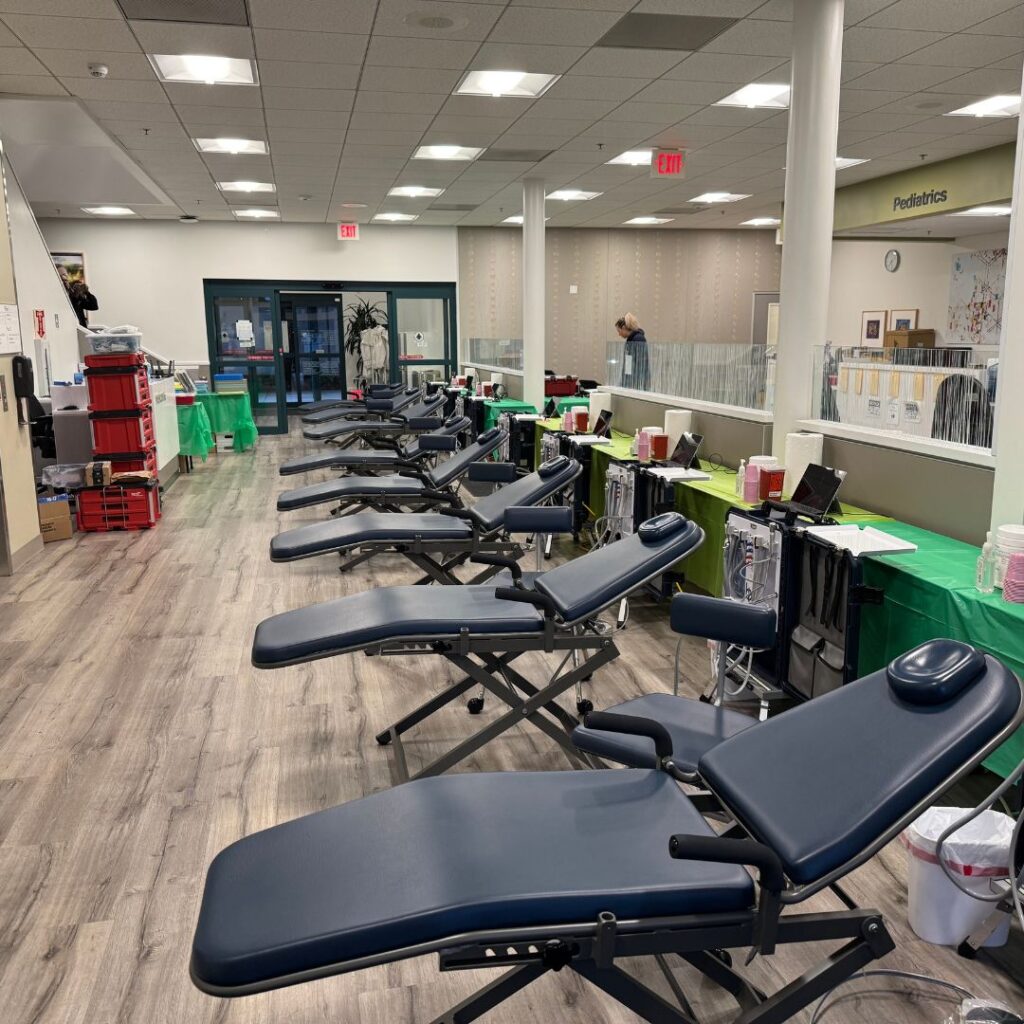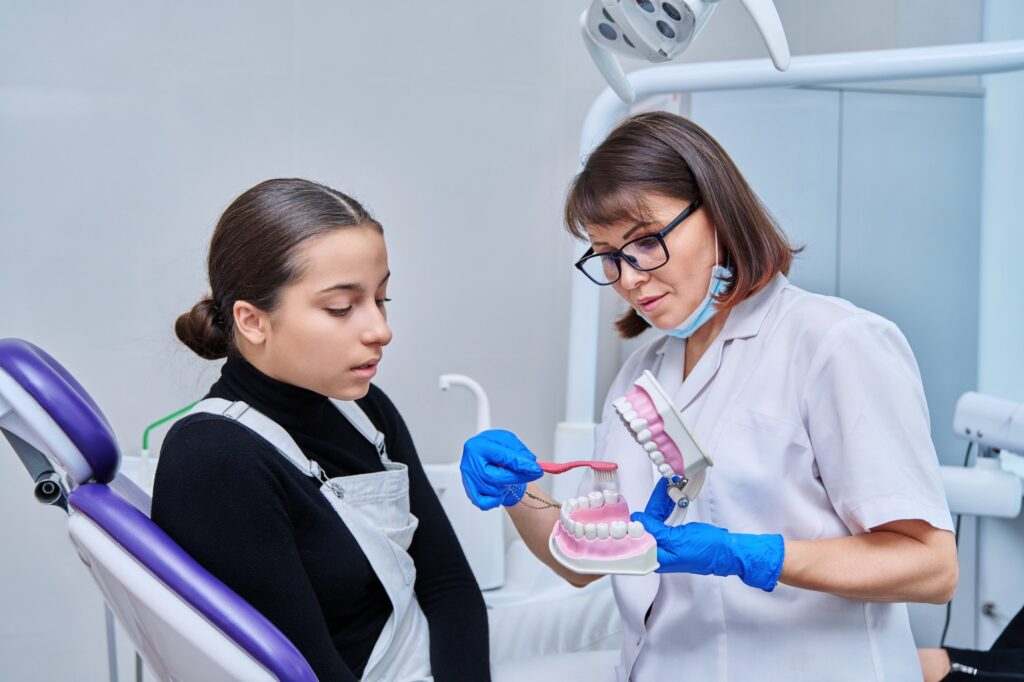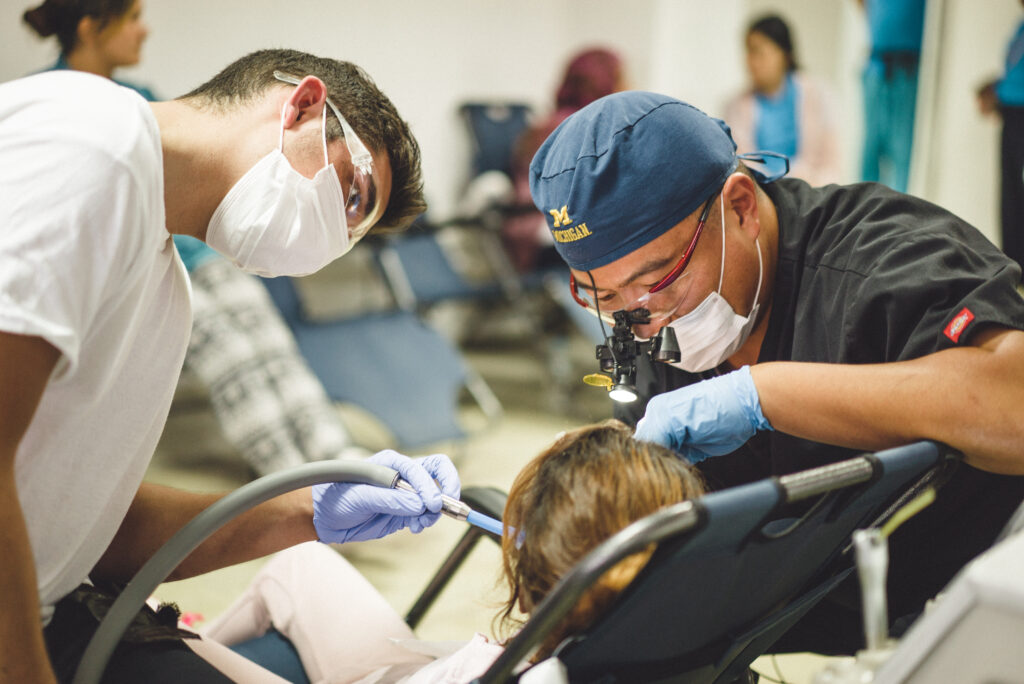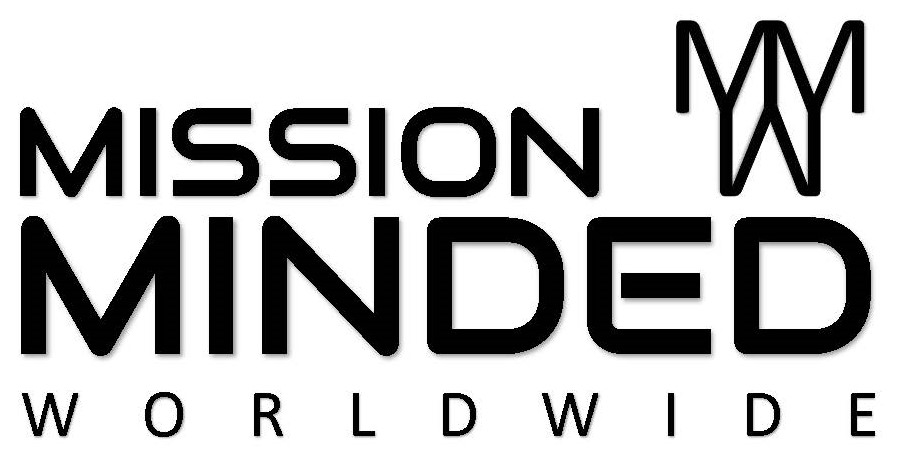Before Your Clinic Visit
Patient FAQ
What you need to know:
Mission Minded Worldwide is committed to serving individuals and families by offering free medical, dental, and vision care—regardless of background or circumstance.
Our clinics are open to everyone and there are no requirements for insurance, employment, income level, identification, or immigration status. We believe access to quality healthcare is a basic human right, and we strive to remove barriers that prevent people from receiving the care they need.
Services are provided on a first-come, first-served basis, or by appointment based on clinic location. To manage flow and ensure fair access, wristbands will be distributed early each clinic morning and will serve as your entry pass for the day’s services. Once wristbands run out, we may not be able to accommodate additional guests, so we encourage early arrival.
Our volunteer teams consist of licensed professionals who are passionate about bringing compassionate, community-based care to underserved populations. Whether you’re seeking a medical consultation, dental treatment, or an eye exam with prescription glasses, we are here to serve with dignity, respect, and no cost to you.
What to bring:
Please be aware that your visit may involve a long day of waiting, and your comfort is your responsibility. While you are not required to bring anything, we strongly recommend preparing in the following ways to make your experience more manageable:
- Food and Water: Bring enough food and water for the day. Choose foods that will not negatively impact your blood sugar or blood pressure, as elevated levels may prevent us from being able to treat you.
- Entertainment: To help pass the time, bring something to keep yourself occupied—such as a book, puzzle, or other portable entertainment. If you’re bringing small children, consider packing a quiet toy or activity to keep them engaged.
- Clothing and Comfort: Wear comfortable clothing suitable for the weather. Since you may spend time outdoors waiting to enter the clinic, we encourage you to check the forecast and dress appropriately. We also recommend bringing portable chairs for the early morning wait. Once inside, seating will be available in designated waiting areas.
- Medications: Please bring all daily medications with you, and continue to take them as prescribed, just as you normally would.
Please note: Mission Minded Worldwide is not responsible for lost or stolen items, so we advise keeping personal belongings to a minimum and securing them at all times.
How to get into the clinic:
To access services, you must have a wristband. These are handed out early each clinic morning on a first-come, first-served basis clinic or at your appointment time based on location.
Because our services are free and resources are limited, wristbands are only given to those who are physically present. We cannot hold or give wristbands to others.
What services do we offer:
DENTAL:
- Cleanings
- Fillings
- Extractions
VISION:
- Comprehensive eye exams
- Cataract and glaucoma screenings
- Diabetic retinal photography
- Prescription eyeglasses
MEDICAL:
- General health evaluations
- Physical exams
EDUCATION:
Educational materials and resources will be available throughout the clinic to help you better understand your health and available care options.
IMPORTANT NOTE:
Due to time and capacity limitations, you will need to choose between Dental and Vision services.
Each patient may receive either:
- Dental and Medical care
or - Vision and Medical care, but not Dental and Vision service,s on the same day.
We appreciate your understanding as we work to serve as many people as possible with quality care.
Can I get a wristband for my friend or family member?
To ensure fairness and manage limited resources, wristbands will only be given to individuals who are physically present at the time of distribution. One person may not collect wristbands for others.
Wristbands are required to enter the clinic and receive services. They are distributed early in the morning on each clinic day and are available on a first-come, first-served basis. Once they run out, no additional patients will be admitted for that day.
We appreciate your understanding as we work to serve as many people as possible with care and dignity.

After care for Extraction Patients

Tooth Extraction Aftercare Instructions
A tooth extraction is the process of removing a tooth from its bone socket, often when other options to preserve the tooth are no longer viable. Extractions are performed for various reasons, such as severe decay, infection, or overcrowding.
What to Expect After the Procedure:
Soreness and Swelling: It’s normal to experience some soreness, swelling, bruising, and sensitivity in the area for a few days after the extraction.
Bleeding: A small amount of bleeding from the extraction site is typical within the first 12 to 24 hours. If bleeding continues, bite down gently on a clean gauze pad to control it.
Numbness: Numbness from the local anesthetic may last a few hours after the procedure. Be cautious not to bite your lips, tongue, or cheeks during this time.
Aftercare Instructions:
First 24 Hours:
Avoid brushing or flossing the affected area, but continue to rinse your mouth gently with warm water to keep it clean.
Do not spit forcefully, use a straw, or engage in smoking during the first 24 hours as it can interfere with clot formation.
Apply an ice pack to the outside of your cheek near the extraction site to reduce swelling for the first 24 hours.
Stick to soft foods such as mashed potatoes, yogurt, or soup. Avoid hot, crunchy, or sticky foods that can irritate the site.
Rest and avoid heavy lifting or strenuous exercise to minimize pressure on the healing site.
After the First 24 Hours:
You may gently brush the area with a soft-bristled toothbrush, being careful not to disturb the extraction site.
You can begin rinsing with warm salt water (1/2 teaspoon salt in 8 ounces of water) to help keep the area clean and promote healing.
Continue to apply ice packs to the outside of your cheek as needed for swelling.
Pain Management:
Your dentist may recommend over-the-counter pain medications like ibuprofen or acetaminophen. Follow the dosage instructions provided by your dentist. If the prescribed medication is needed, take it as directed.
What to Avoid:
Don’t touch or irritate the extraction site with your fingers or tongue.
Avoid using straws, spitting, or engaging in activities that could disrupt the clotting process, such as smoking.
Refrain from heavy physical activity or exercise for at least 48 hours to prevent complications such as increased bleeding or swelling.
Potential Complications:
It’s important to follow the aftercare instructions closely to prevent problems such as prolonged bleeding, delayed healing, or infection.
If you experience severe pain, increased swelling, persistent bleeding, or any unusual symptoms, contact your dentist immediately or visit the nearest emergency room.
Aftercare for Cleaning & Filling Patients
When a dentist removes a decayed portion of a tooth, they will fill the affected area with composite material, creating a filling. After the procedure, you may experience sensitivity in the tooth, which can last anywhere from a few hours to up to 6 months, depending on the size and location of the filling. Some discomfort or pain may also occur in the tooth due to the procedure itself, but this should subside in a few days. The numbness from the local anesthetic may last for a few hours after the procedure.
Aftercare Instructions:
You may brush and floss your teeth as usual, but avoid brushing directly on the filled area if it feels sensitive.
You can resume eating and drinking normally, but avoid hot foods and liquids until the numbness wears off to prevent accidental bites or burns.
Watch for discomfort: If you experience pain or pressure when biting down, or if you feel constant severe pain, contact your dentist as soon as possible. This could indicate that the filling is too high or there’s another issue.
If your filling falls out or becomes loose, it’s important to see your dentist immediately for a replacement or repair.
Following these simple aftercare steps can help ensure your filling remains effective and that your recovery goes smoothly. If you have any concerns or complications, don’t hesitate to reach out to your dentist.


